Graduate School
for Sustainable Energy Systems in Neighbourhoods
Professors
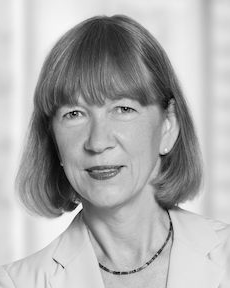
Prof. Christa Reicher
Chair
Chair and Institute Director at the RWTH Aachen University at the Chair and Institute of Urban Design
Research interests: Qualification strategies in urban development, urban and landscape design, urban land-use planning
Motivation: At the graduate school, she is motivated by the current issues concerning innovative approaches to neighborhood design and development. In addition, the inter-university and interdisciplinary exchange offers successful synergy effects for research and science as well as for practice.
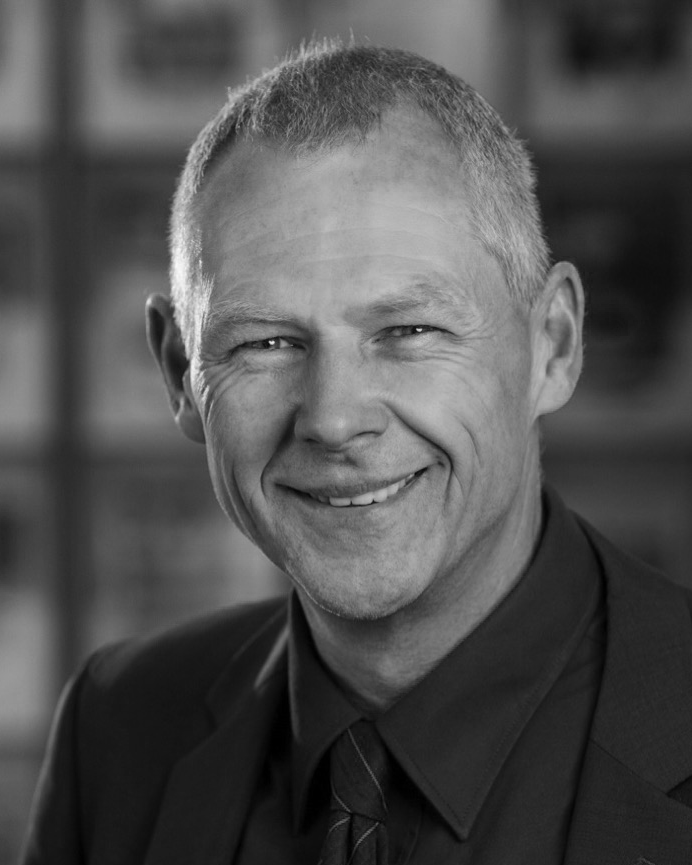
Prof. Dr.-Ing. Manfred Fischedick
Vice President and Member of the Executive Board of the Wuppertal Institute
Research interests: Energy system and energy scenario analysis, strategies for CO² reduction and multi-criteria assessment, renewable energies and innovative energy technologies, national and international energy and climate policy, market introduction strategies, infrastructure analysis, research and technology policy, technology forecasting, business area, company and technology development in the field of energy supply and plant construction, sustainable urban infrastructures
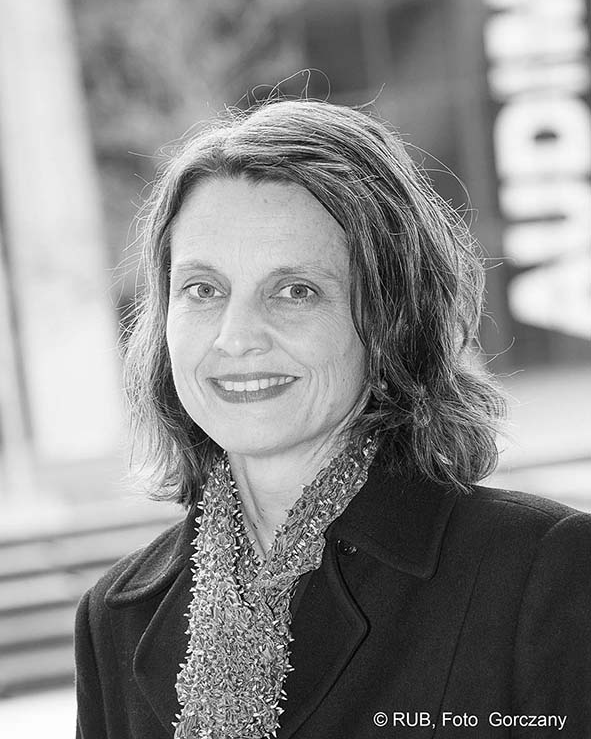
Prof. Dr.-Ing. Annette Hafner
Holder of the chair of Resource Efficient Building at the Ruhr-University Bochum
Research interests: Life cycle analysis and life cycle assessment, renewable raw materials, building for recycling management, sustainable building
Motivation: It is exciting to transfer the topic of energy efficiency and life cycle analyses from the building level to the neighborhood area and to take a closer look at the mutual interactions. Inter- and transdisciplinary approaches of the participating partners are the starting point for this.
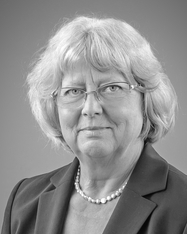
Prof. Angelika Heinzel
Chair of Energy Technology at the University of Duisburg-Essen and Managing and Scientific Director of the Center for Fuel Cell Technology GmbH in Duisburg
Research interests: Fuel cell and battery research, cogeneration (combined heat and power), energy system analysis, energy efficiency and sector coupling
Motivation: By participating in the graduate school “Sustainable Energy Systems in Neighbourhoods”, the chair of Energy Technology aims to contribute its expertise in the field of energy system analysis (especially heating networks supplied by cogeneration systems) to the development of implementation concepts for achieving the energy turnaround in urban neighbourhoods in a sustainable manner. The technical, economic and ecological goals of heating network supply concepts in neighbourhoods are to be matched with the inter- and transdisciplinary goals of the participating partners.
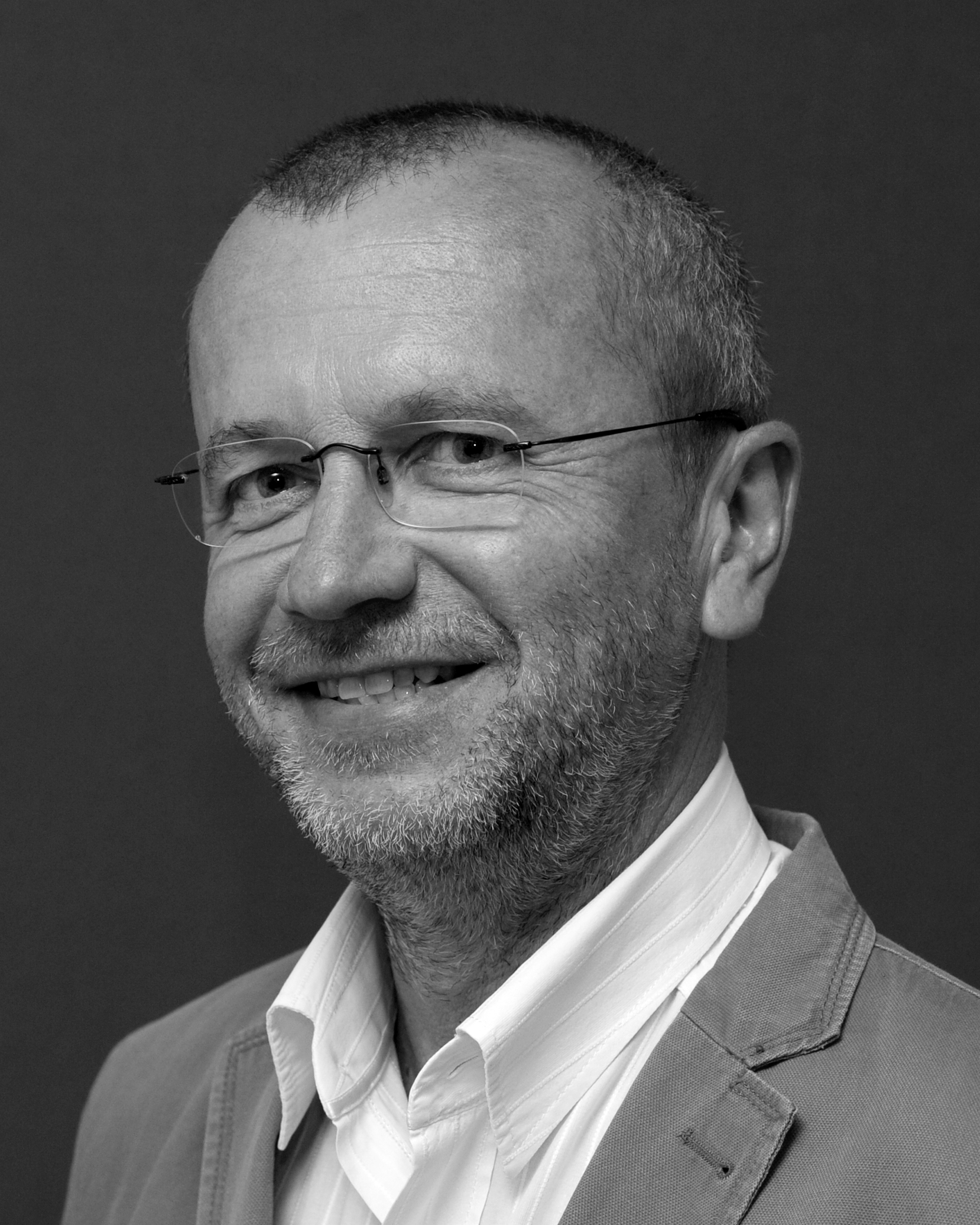
Prof. Dr. Hartmut H. Holzmüller
Holder of the Chair of Marketing at the Technische Universität Dortmund
Research interests: Cross-cultural marketing, psychological marketing research, B2B customer relationship management
Motivation: The implementation of sustainable energy systems in neighborhoods is a complex field that requires interdisciplinary cooperation and combines different disciplines. Particularly when community use and supply concepts are applied in the neighborhood context, the individual behavior of each user comes to the fore and must be addressed accordingly. This can be achieved by using special market research methods and various marketing instruments.
The combination of marketing and technology is an essential focus of my research activities, which is why the participation in the graduate school opens up interesting areas of investigation for the Marketing Department at the TU Dortmund University. After a successful first funding period, in which various obstacles and drivers for the implementation of energy efficiency measures in households could be identified, new challenges and essential fields of investigation arise with the aim of developing suitable approaches to solutions in the context of the energy system transformation. The renewed opportunity to support the doctoral students in the development of new research approaches and the acquisition of scientific competence in an inter- and transdisciplinary context has motivated me to participate in the second funding phase at the Graduate School. I am very much looking forward to working with another cohort of doctoral students.
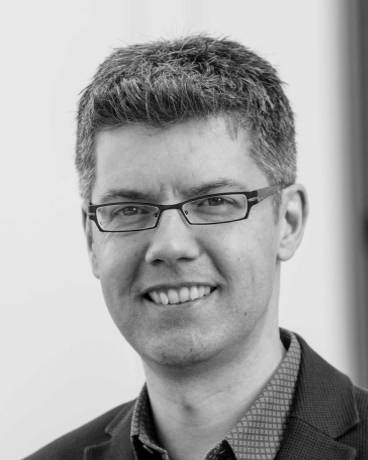
Prof. Dr. Sö ren Petermann
Holder of the Chair of Sociology / City and Region at the Ruhr-University Bochum, Faculty of Social Science
Research interests: Effects of socio-spatial context conditions on social well-being and social coliving, especially trust-based exchange in personal networks as well as causes and effects of this form of social capital.
Motivation: Sustainability and energy-efficient mobility are exciting topics of the future. The challenges associated with these issues also require behavioral changes on the part of many people who are concerned with their neighborhood. One important task of the Research Training Group is to scientifically investigate the potential of these behavioral changes.
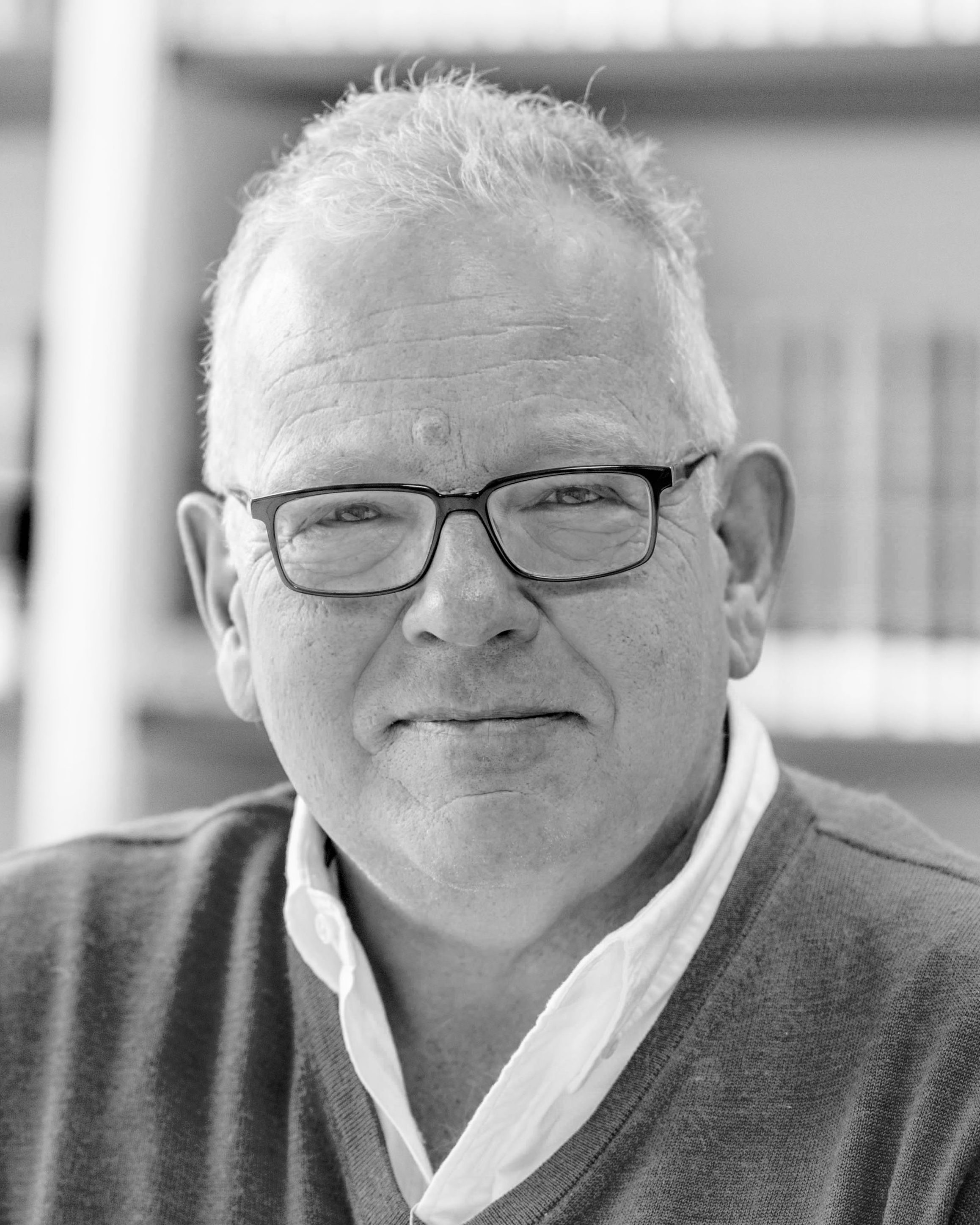
Prof. Dr. jur. Johann-Christian Pielow
Professor of Business Law at the Faculty of Economics and
Managing Director of the Institute for Mining and Energy Law at the Ruhr University Bochum
Research interests: German, European and comparative economic constitutional and administrative law, state organization and municipal law; environmental law with procedural references. Main areas of practice: Law of public supply and infrastructure or “network economies”, in particular mining and energy law including planning law; law of public economy; trade law (e.g. Beck-Online Kommentar Gewerberecht); various research and teaching cooperations abroad, in particular in Spain and Latin America.
Motivation: Participation in the necessary inter- and transdisciplinary discourse to develop specific solution options for increasing energy efficiency in the neighbourhood and for the development of (energy-) intelligent cities – motto: Think global and act local!
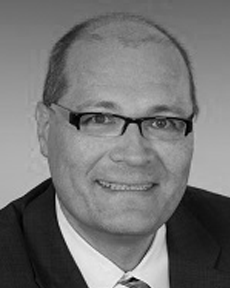
Prof. Dr.-Ing. Christian Rehtanz
Head of the Institute for Energy Systems, Energy Efficiency and Energy Economics (ie3) at the Technische Universität Dortmund
Research interests: Energy efficiency, the further development of integrated energy systems for the coupling of the sectors electricity, mobility and heat, as well as the investigation of district supply in the overall context of energy supply
Motivation: The transformation of energy supply towards higher energy efficiency and lower emissions represents a challenge for society as a whole. Interdisciplinary cooperation in the Graduate School allows the answering of related questions in action-oriented topic clusters. From a technical point of view, the further development of integrated energy systems for the coupling of the sectors electricity, mobility and heat is of particular interest. The increasing interconnection of future energy systems makes it necessary to examine the supply of neighbourhoods in the overall context of energy supply. This requires the development of suitable methods and instruments
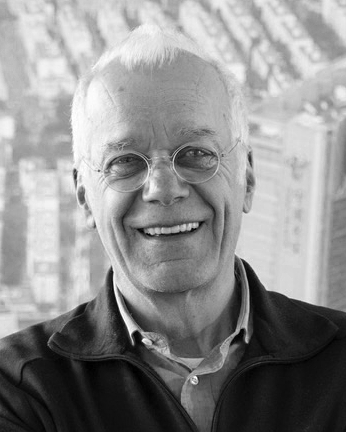
Prof. em. Dr.-Ing. J. Alexander Schmidt
Prof. em. of the Institute of Urban Planning and Urban Development, Department of Civil Engineering, Faculty of Engineering at the University of Duisburg-Essen and co-spokesman of the university profile focus on Urban Systems as well as ARUS (Advanced Research in Urban Systems).
Research interests: Mobility, health prevention, climate change mitigation, urban adaptation to climate change and urban digitalization
Motivation: The questions in the research field of sustainable energy systems in the neighborhood are largely to be answered transdisciplinary. City development – viewed as an urban system – should therefore include mobility, health prevention, mitigation of climate change, adaptation of the city to climate change, and digitization of the city. These are the issues that have been on my mind for 20 years. For all the diversity of topics, the ultimate goal is to strategically integrate the diversity of approaches in such a way that the city retains its identity and beauty.
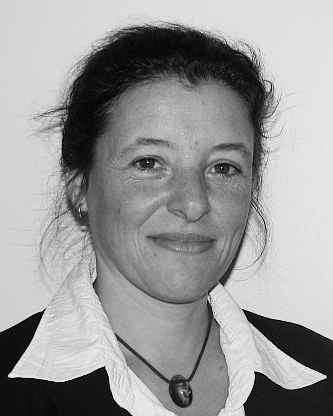
Prof. Dr. Petra Schweizer-Ries
Professorship for "Sustainability with a social science orientation" at the University of Bochum, PD Human Geography at the Ruhr-University Bochum and apl. Prof. Environmental Psychology at the University of Saarland
Research interests: Energy Research, Transformative, Sustainability Science, Action Research, Acceptance Research, Public Goods Research, Participation Research, Sustainable Urban and Neighbourhood Development, Sustainability Communication and Education for Sustainable Development
Motivation: The Graduate School “Sustainable Energy Systems in Neighborhoods” is characterized in particular by its cross-university and interdisciplinary approach. This inter- and transdisciplinary cooperation is what is needed for a sustainable change of our cities and quarters. Doctoral students benefit from the exchange across disciplinary boundaries and have the opportunity to work together with actors from business, politics and civil society. This is not only beneficial for the doctoral students’ work, but ideally promotes social transformation in the neighborhoods. It is the cooperation between the humanities and social sciences as well as the engineering and natural sciences together with non-scientific actors that motivates me to participate in the Graduate School, to contribute my experience in the field of energy research and to advance our approaches for sustainable development in the neighborhood.
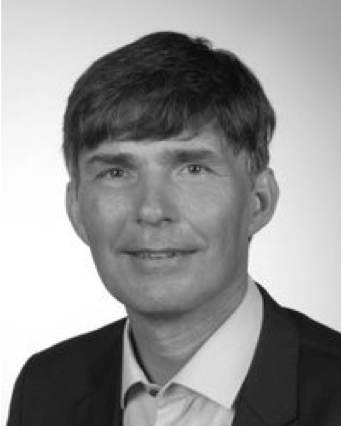
Prof. Dr. Christoph Weber
Holder of the Chair of Energy Economics at the University of Duisburg-Essen
Research interests: Risk management in energy markets, liberalization of the energy market, application of operations research methods to questions of the energy industry
Motivation: Energy efficiency and sustainability is a very relevant interdisciplinary field of research for me. Consumer behavior and environment was the topic of my own dissertation and I am still convinced that we can only achieve good results in this field by combining different scientific approaches. The action level of the neighborhood is essential in this context, as it is here that social interaction, spatial planning and energy supply and use become concrete.







